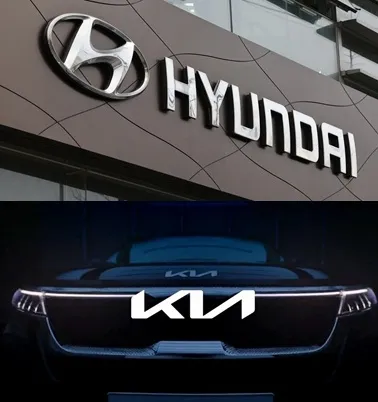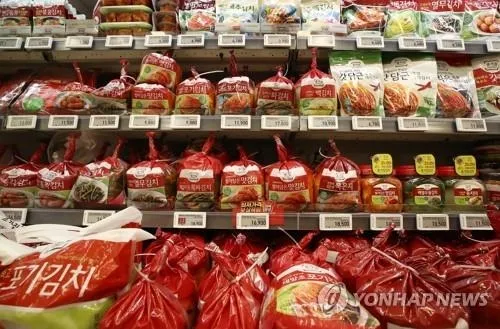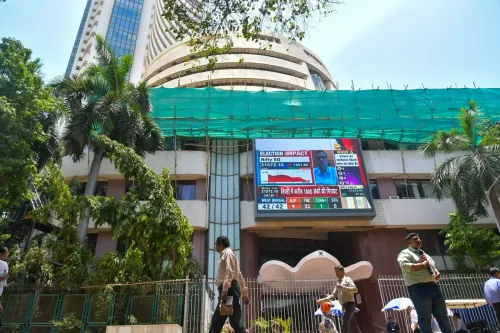Why Did Hyundai and Kia Experience a 1.8% Decline in European Sales in April?

Synopsis
Key Takeaways
- Combined sales of Hyundai and Kia in Europe fell by 1.8% in April.
- Hyundai's sales decreased by 3.3%, whereas Kia's dropped by 0.2%.
- Combined market share in Europe stands at 8%.
- Production of Ioniq 5 and Kona EVs was temporarily halted due to demand issues.
- Government policy changes are impacting EV demand in key markets.
Seoul, May 27 (NationPress) The combined vehicle sales of South Korea's top automaker Hyundai Motor and its subsidiary Kia in Europe dropped by 1.8 percent compared to the previous year in April, according to industry data released on Tuesday.
Data from the European Automobile Manufacturers' Association (ACEA) revealed that Hyundai and Kia sold a total of 89,890 units across Europe last month.
ACEA statistics indicated that Hyundai Motor's sales fell by 3.3 percent year-on-year to reach 45,227 units, while Kia's sales experienced a marginal decline of 0.2 percent, totaling 44,663 units, as reported by Yonhap news agency.
In the first four months of the year, the two South Korean manufacturers managed to sell 357,201 units together in Europe, marking a 3.4 percent decrease from the same period last year.
The combined market share of Hyundai and Kia in Europe during January-April was recorded at 8 percent, reflecting a decline of 0.3 percentage points from the last year.
In a related note, Hyundai Motor temporarily halted the production of its Ioniq 5 and Kona electric vehicles (EVs) at its primary domestic plant last month for one week, attributing this decision to a downturn in overseas demand that continues to impact exports.
The automaker ceased operations at Line 12 of its Plant 1 in Ulsan, located 305 kilometers southeast of Seoul, where these two EV models are manufactured, citing a reduction in orders from key export markets such as Europe, Canada, and the United States.
This decline followed changes in government EV policies abroad; Canada and several European nations, including Germany, have either eliminated or reduced EV subsidies, while the U.S. faces renewed uncertainties due to threats of steep tariffs under the Donald Trump administration.
To combat sluggish demand, Hyundai Motor has tried offering zero-interest financing options in North America and down payment support in markets such as Germany and Britain, though results have been limited, according to sources.
This marks the second temporary shutdown of production this year, following a similar five-day suspension in February due to a global slowdown in EV demand amid shifting policies and market transitions.








